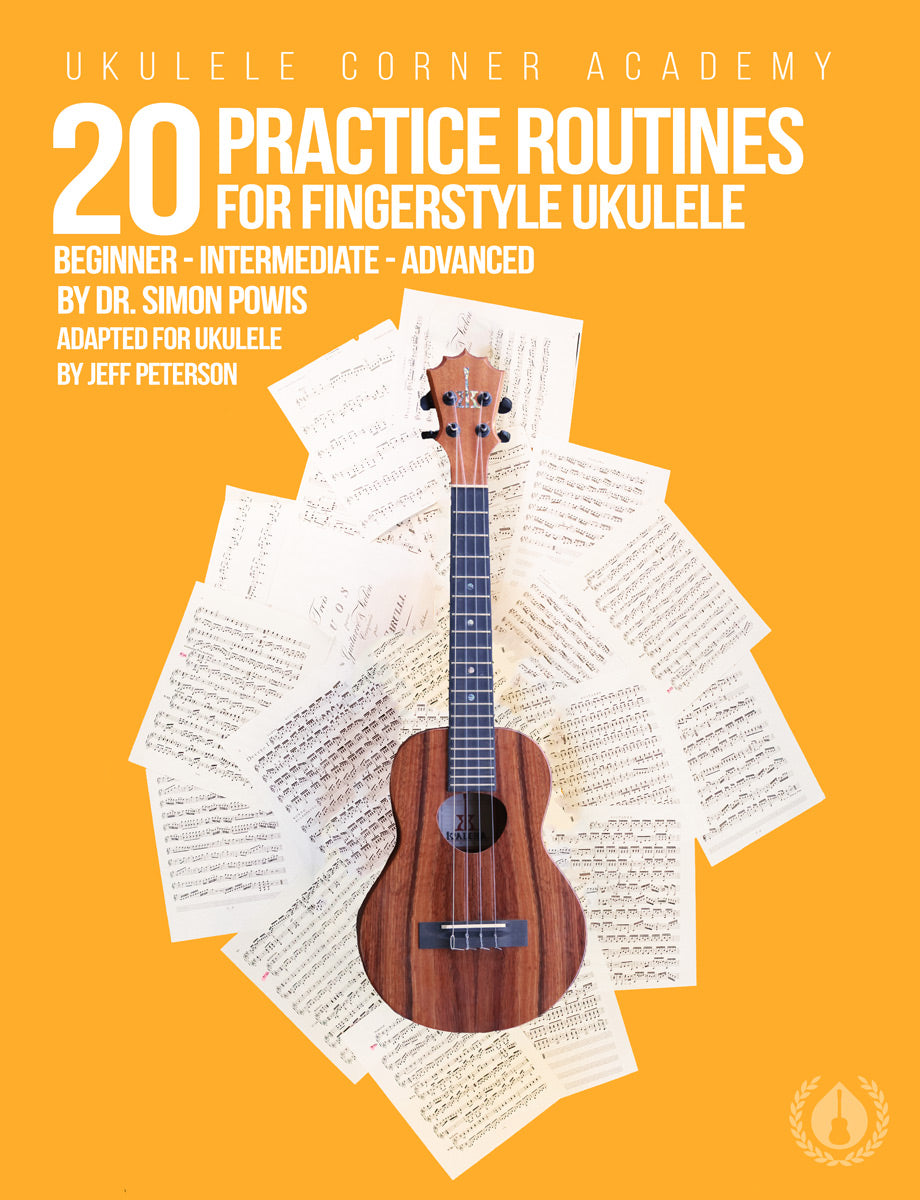Its hard to work out what you want to do.
Classical music usually comes in Standard Notation and you read the music and play it. If the sheet music was arranged for another instrument, you edit and arrange it so you can play it on a Baritone ukulele. So if you learn how to sight read well, finding classical music to play is not very hard.
There are also some exercises to help you develop your playing skills so you can find the notes to play. But they are just fingerpicking exercises and arpeggios in reality.
This is my suggestion.
If you have the money, park the classical music terminology, but don't forget about it. Find a (classical?) guitar teacher and ask to get lessons in sight reading standard notation using your baritone ukulele, up to four notes on a beat. Also discuss that once you have developed the skill and knowledge, you want to apply the skill and knowledge to focus on the classical genre or works by your favourite classical composer if you have one. Pay the teacher and do the work.
If you can't afford a teacher, look for content which is about learning to sight read standard notation instead of a "Classical Method for Baritone Ukulele". Learn how to sight read and write in standard notation, use whatever tunes are in the content. Then you can find most classical music from the sheet music and play it, maybe with some editing and arranging.


